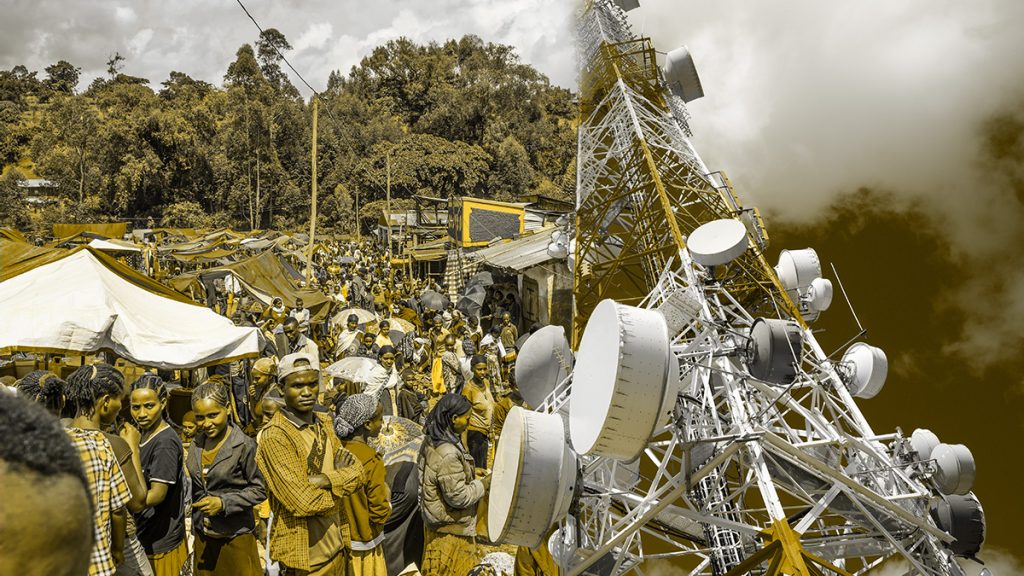
The telecommunications sector in underdeveloped countries has undergone a remarkable evolution over the years. From the days of state monopolies to the entry of private players, the sector has grown rapidly, bringing greater connectivity and convenience to people’s lives. However, the journey has not been without its challenges. Political instability, limited infrastructure, and challenges in attracting investment have been some of the hurdles that the sector has had to overcome. Despite these obstacles, the sector’s progress has been nothing short of phenomenal, and there is much reason for enthusiasm as we look toward the future.
Building Bridges
The history of telecommunications in underdeveloped markets is a story of evolution, from state monopolies to the entry of private players. Initially, the state played a crucial role in developing the telecommunications infrastructure in many countries, with a focus on providing basic voice communication services. However, the advent of mobile technology and the liberalization of telecommunications markets led to the entry of private companies, which rapidly expanded services.
In the past, state-owned companies dominated the telecommunications sector in underdeveloped countries. These companies were often inefficient, bureaucratic, and focused on meeting the needs of the state rather than the consumer. The introduction of private players brought competition to the market, leading to greater innovation, lower prices, and an expansion of services.
The liberalization of telecommunications markets allowed private players to enter the market, leading to greater investment in infrastructure, including the development of mobile networks. This, in turn, led to a rapid expansion of services, including mobile internet and broadband.
Overcoming the Borders
Despite the significant progress made in the telecommunications sector in underdeveloped markets, there are still significant challenges in expanding access to telecommunications services. These challenges include a lack of investment in infrastructure, high costs for consumers, and limited availability of skilled labor.
In many underdeveloped countries, telecommunications infrastructure is inadequate and requires significant investment to improve. This investment is often lacking due to a lack of financing or a lack of political will. As a result, many people in underdeveloped countries still do not have access to basic telecommunications services.
The high cost of telecommunications services is also a barrier to expansion. Many people in underdeveloped countries cannot afford the cost of mobile phones, internet access, or other telecommunications services. This limits their ability to participate in the digital economy and can perpetuate economic inequality.
Finally, the limited availability of skilled labor is a significant challenge in expanding telecommunications access. Many underdeveloped countries lack the technical expertise necessary to build and maintain complex telecommunications networks. This can lead to delays in expanding services and can limit the quality of telecommunications services available.
Final Thoughts
The history of telecommunications in underdeveloped markets has been shaped by a variety of factors, including political instability, limited infrastructure, and challenges in attracting investment. While progress has been made in expanding telecommunications access, significant challenges remain. Addressing these challenges will require investment in infrastructure, the development of skilled labor, and a commitment to expanding access to telecommunications services for all.
Inside Telecom provides you with an extensive list of content covering all aspects of the tech industry. Keep an eye on our Telecom sections to stay informed and up-to-date with our daily articles.